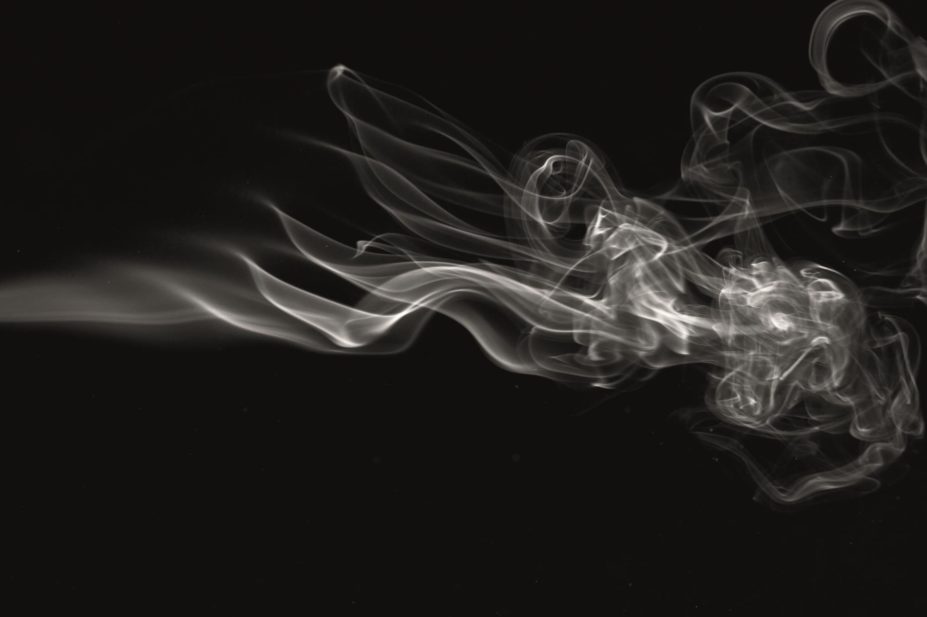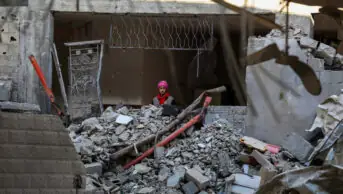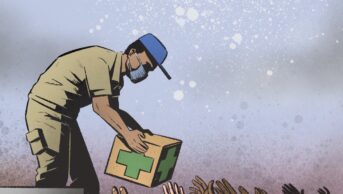
Thor / Wikimedia Commons
In 2013–2014, an international protocol to tackle illicit trade of tobacco products was signed by 53 countries and the European Union. The protocol is not yet in effect: it needs to be ratified by 40 parties to become international law. Only Austria, Congo, Gabon, Mongolia, Nicaragua, Spain, Turkmenistan and Uruguay have done so.
The World Health Organization (WHO) says that one in every ten cigarettes consumed globally has been obtained outside the regulated supply chain. So this World No Tobacco Day on 31 May 2015, WHO is calling on national governments to ratify the measure that could help bring all tobacco sales under control.
The Protocol to Eliminate Illicit Trade in Tobacco Products is led by the WHO Framework Convention on Tobacco Control (FCTC), which was the first WHO-brokered international treaty.
If so many national governments were able to collaborate on the illicit trade protocol, why have so few taken the final step of ratifying it? The FCTC tells us that uptake of ratification has been hindered by tobacco industry interference, for example, arguing to governments that tobacco control measures will fuel illicit trading. On the surface this would seem counterintuitive: the tobacco industry would surely welcome any means of controlling sales of tobacco products outside the legitimate supply chain. But the FCTC says that tobacco companies do get involved in illicit trade of tobacco — by providing raw leaves and manufactured products to the illegal market, for instance — through loopholes in tobacco governance systems.
This only serves to exacerbate tobacco use globally, since access to cheap tobacco products makes it easier for people to form a habit; there remain around 1.3 billion smokers worldwide. Illicit trade in tobacco products puts extra burden on health services, and undermines countries’ ability to raise taxes that might be spent on healthcare and public health initiatives.
Of particular concern is the circumvention of plain cigarette packaging and photographic health warnings — interventions that are gaining traction slowly and need to be adopted more widely.
Healthcare professionals can do their bit by warning the public against buying tobacco products, and rogue ones in particular. But effective harm reduction strategies and strong regulation of tobacco trading require the full buy-in of the international community.
All countries must ratify this landmark protocol, and take steps to ensure that lobbying by tobacco companies does not interfere with initiatives to reduce tobacco use.

